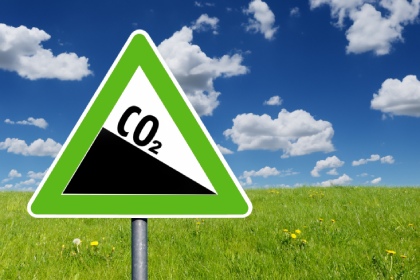The UK government has introduced several technical amendments to its upcoming Carbon Border Adjustment Mechanism (CBAM). The changes follow a consultation launched in April and are intended to align CBAM with the UK’s broader carbon-pricing structure while reducing administrative pressures on businesses.
A key amendment confirms that indirect emissions associated with CBAM goods will not be included when the mechanism begins on January 1, 2027. Their possible inclusion will not be considered before 2029, reflecting continued support for the Energy Intensive Industries (EII) Compensation Scheme.
The government also acknowledged the strategic importance of the refining sector for national energy security and will conduct a call for evidence on the fuel sector. The feasibility and potential impacts of including refined products in CBAM at a later stage are also under review.

Updated rules for free allowances and carbon price relief
The adjustment related to free allowances will now be based on a sectoral average of emissions covered by free allocation over a baseline period, updated annually in line with the progressive phase-out of free allowances under the UK ETS.
Carbon price relief is being expanded to recognize carbon costs paid under other CBAM regimes in order to avoid duplicative charges.
A new exemption ensures that emissions embodied in UK-produced precursor goods re-imported as part of complex CBAM goods are not taxed twice. Another exemption applies to CBAM goods entering under temporary admission with full customs duty relief, ensuring CBAM charges apply only when goods are placed on the UK market.
A three-year limit has been introduced for repayment claims related to overpayment, and the previously proposed group-treatment provision has been withdrawn after feedback indicated limited benefits.
Fiscal impact: revenues expected to rise through 2028-29
The exchequer impact is projected at £30 million in 2026-27, rising significantly to £180 million by 2028-29, before gradually declining to £155 million by 2030-31. These estimates, certified by the Office for Budget Responsibility, are not expected to generate notable macroeconomic effects or materially increase consumer prices, as CBAM goods largely consist of basic materials rather than consumer products.
Administrative burden for importers and exporters
CBAM is expected to have a substantial administrative impact on approximately 10,000 UK businesses importing CBAM goods. Companies will incur one-off costs related to system adjustments, training, and familiarization, along with ongoing reporting and emissions-verification requirements.
Foreign exporters may also face new documentation burdens if they opt to provide verified emissions data, though doing so could reduce the carbon-cost liability for UK customers.
To ensure system effectiveness, the government will evaluate CBAM’s impact using external research and His Majesty’s Revenue and Customs (HMRC) administrative data to assess carbon-leakage mitigation. Monitoring will extend beyond implementation, ensuring that the mechanism functions as intended and aligns with the evolving UK ETS framework.